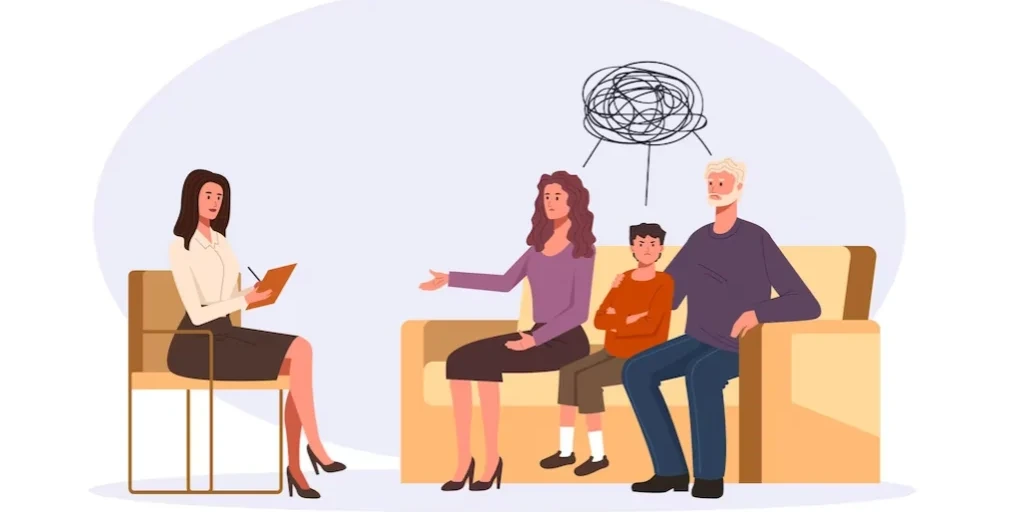24/7 Helpline:
(866) 899-221924/7 Helpline:
(866) 899-2219
Learn more about Eating Disorder Treatment centers in Beeville
Eating Disorder Treatment in Other Cities
Other Categories in Beeville

Other Insurance Options

Carleon

Horizon Healthcare Service

Evernorth

Coventry Health Care

Health Net

Providence

Optum

MHNNet Behavioral Health

Amerigroup
Beacon

MVP Healthcare

ComPsych

Sliding scale payment assistance

BlueShield

Multiplan

Group Health Incorporated

Health Partners

Magellan

UMR

Medical Mutual of Ohio

Council on Alcohol and Drug Abuse – Coastal Bend
Council on Alcohol and Drug Abuse – Coastal Bend is a private rehab located in Beeville, Texas. Coun...










































































